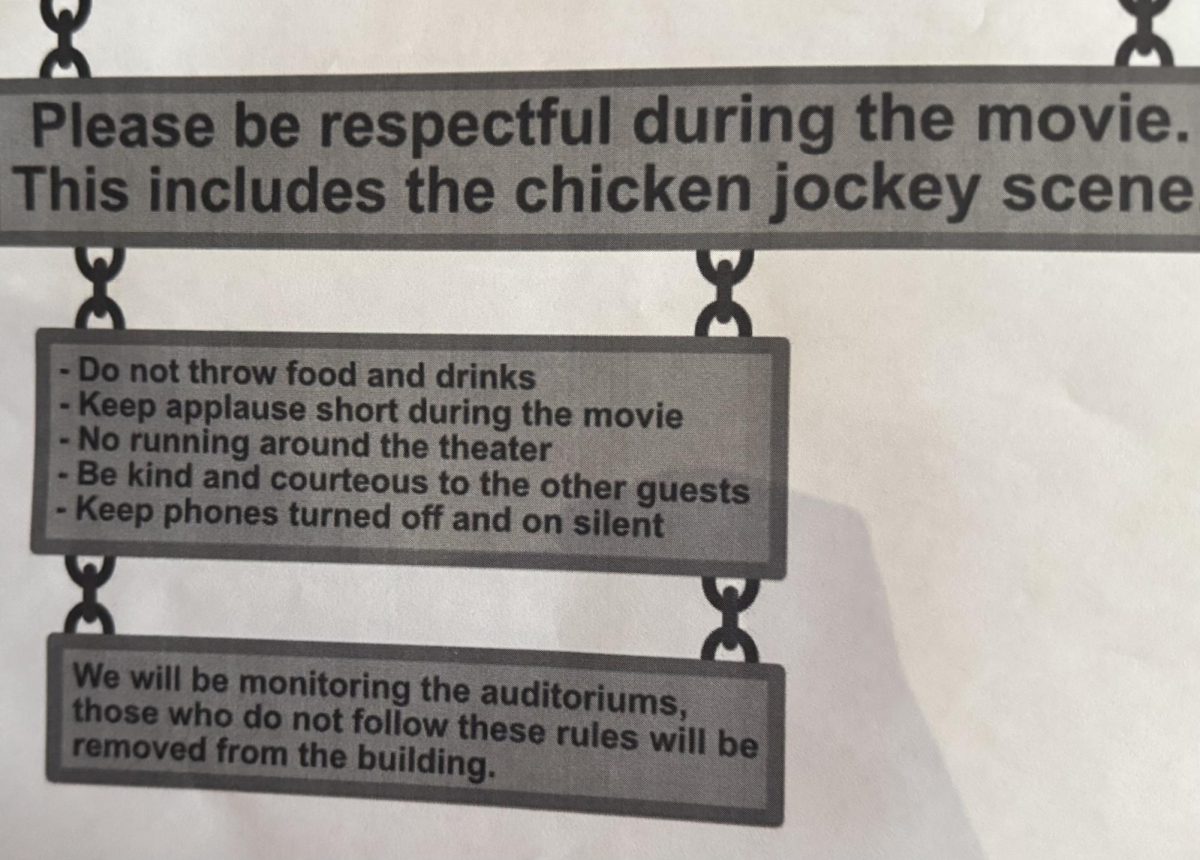Women, Gender & Sexuality Studies (WGSS) has become increasingly popular in the last decade as the benefits of the courses such as critical thinking skills, social justice engagement and empowerment become more widely known and sought after. But schools and departments have been running into persistent barriers that have prevented them from truly prospering. Most noticeably, the lack of funding for WGSS departments, a lack of diversity among students and faculty and the persistent negative social stereotypes towards WGSS. As long as this issue lingers, people of all genders, races and classes will be unable to obtain this valuable and marketable knowledge.
Psychologists Anita Harker Armstrong and Jamie Huber argue that WGSS is a humanities discipline that offers its students knowledge about feminism, feminist activism and issues at the intersection of multiple identities and systems of power. Courses that address and engage these topics are critical to rounding out an individual’s education as well as demonstrating an institution’s values. According to researchers Rachel Schmitz and Trenton Haltom, students who participate in these courses gain a broader understanding of social inequality and a stronger dedication to social justice. WGSS courses provide students with critical thinking skills and the ability to analyze and approach complex social and cultural issues, according to Ann Werner and Anna Lundberg’s 2018 article “Gender Jobs: Dilemmas of Gender Studies education and employability in Sweden.” These skills and lessons are very important for developing engaged, active citizens.
However, WGSS departments often experience barriers that prevent them from providing these benefits to their faculty and students. Armstrong and Huber believe that within academia, WGSS as a discipline is often undervalued, mocked and marginalized. In recent years, universities have allocated greater funding for disciplines, such as STEM, that have a higher institutional value, leaving WGSS and other humanities underfunded. The lack of financial resources places an immense burden on remaining faculty and denies students access to empowering knowledge.
Another barrier which prevents more men and people of color from taking WGSS courses is the current lack of diversity amongst students and faculty within WGSS departments. Director and faculty positions within WGSS departments are most often held by white women. Armstrong and Huber conducted a study comprised of surveys and interviews from WGSS department directors at the 158 largest universities in the US and Canada. They found that 78 out of 91 directors are white women. This overrepresentation of white women in WGSS can dictate departments’ curriculum and values, and has surely led to the continued stereotype that WGSS, and by extension feminism, is for white women.
Long-standing social stereotyping and stigmatization of WGSS fuels the institutional barriers and lack of diversity. In a set of interviews conducted by Schmitz and Haltom, college men enrolled in WGSS courses reported how negative social stereotypes held by their peers and families influenced the way they navigated their connection to feminist ideologies and their own gender identities. They reported that, in the face of these negative stereotypes, they could experience either marginalization and questioning of their gender identity, or an opportunity for resistance or constructive dialogues.
Their constructed gender identity influenced the direction of their interactions. Schmitz and Haltom report that the term “feminist man” was stereotyped as less masculine and less heterosexual than just the term “man” alone. Stereotypical gender norms in the form of identity labels hinder men’s ability to engage with feminist ideologies as well as perpetuate gender inequality. Stereotypes about WGSS and gender identity have significant consequences for students’ personal and social lives as well as their academic involvement. WGSS must become more visible and accessible in order to overcome these stereotypes and increase the diversity of the discipline. In order to achieve access there must be a multidimensional approach: a demand and willingness to fund WGSS departments appropriately and opportunities for individuals to challenge their internalized gender norm stereotypes. According to Armstrong and Huber, properly funded departments will be able to develop a variety of courses that are transnational, intersectional and representative of all types of identities.
With a diversity of students engaging with WGSS topics and incorporating them into their social lives, negative social stereotypes will begin to break down as well. Further, within social groups, there needs to be more dialogue about WGSS and feminist ideologies in order to resolve negative stereotypes and create environments supportive of critique and engagement with WGSS theories. All students, Schmitz and Haltom contend, especially those outside of traditional femininity and masculinity will have the tools to reshape the very definitions of identity, marketability and academic values.
WGSS departments need support at every level. As long as there is a lack of social and institutional backing, universities and students everywhere will be missing valuable opportunities to learn about themselves, feminist studies and interlocking systems of power and oppression. Students and faculty must instigate dialogue with their peers, their institutions and themselves in order to become more knowledgeable about WGSS and feminist ideologies.







Ella Bailey • Sep 11, 2019 at 3:01 pm
What a video it is! Genuinely amazing and pleasant quality, please upload more videos having such fastidious quality. Thanks.
Carolyn Cameron • Sep 7, 2019 at 3:29 am
Very clean web site, regards for this post.